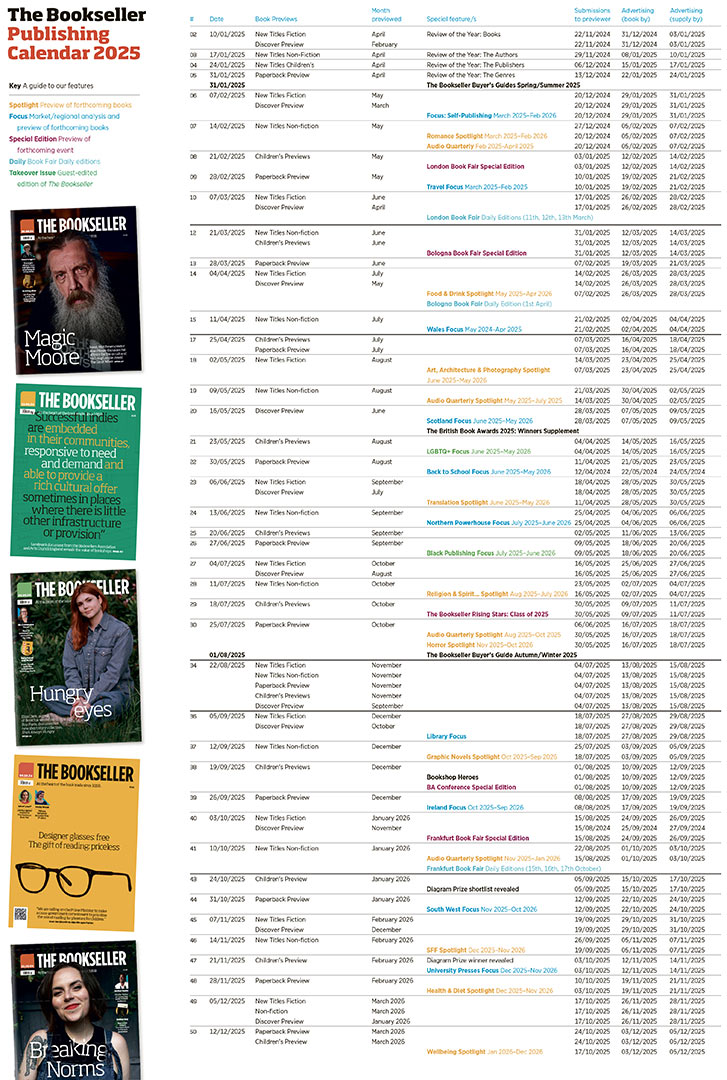You are viewing your 1 free article this month. Login to read more articles.
Wearing purple
I planned to publish my first book when I retired. I wanted to be old, I wanted to be grey, and I wanted to be a little bit crazy.
I planned to publish my first book when I retired. I wanted to be old, I wanted to be grey, and I wanted to be a little bit crazy.
I think the sentiment stemmed from Jenny Joesph’s poem, "When I’m Old", where she details all the things she will do when she is old enough to let go of all her sensibilities and fears; such as wearing purple with a red hat that doesn’t go or suit her at all. I believed that when I was ready to retire, I would also be ready to withstand the criticism of my work. I would be able to stomach the hundreds of rejections I was bound to face, or the fact that, at the time, no one around me considered it a viable career choice for an overly ambitious black girl who studied Aeronautical Engineering at university. No, publishing had to wait until I was ready to dye my grey hair purple.
Then I finished my first book, Daughters of Nri. I fell in love, and I fell hard. I wanted to shout about it. I wanted to thrust the manuscript in the faces of all the tired commuters I met on the tube and watch them eagerly as they read my story. I wanted people to read my story. This was new and incredibly confusing because how could I wait for all my hair to turn grey when I needed people to read it now? Well, I couldn’t wait.
I rolled up my sleeves and reached out to people in the elusive publishing industry. I braced myself for the countless rejections but ended up pausing at what I received instead. Interest? Not the warm, delightful interest that I didn’t dare hope for, but the cheap, tokenistic interest that you feel when a man strokes your hand and calls you a chocolate African princess. Suddenly my old fears returned, only now they were more prominent because they were real. I became apprehensive about giving the book baby that I’d fallen in love with to the people.
So I decided to wear purple with a red hat that didn’t suit me. I co-founded my own publishing house, Onwe. This was where Daughters of Nri, and books like it that didn’t quite fit into the industry’s mould, could be published and promoted in an authentic and big way. With Onwe came incredible scope to try out something new in this industry that I had loved from afar since I was old enough to talk. I didn’t just want to wear purple; I painted myself in it. I had to because it wasn’t enough to publish the book. I had to somehow connect it to its intended readership. My theory was simple; there are great books that never reach their perfect readership because of the industry’s approach to unique stories. An approach centred on current trends, comps, and quarterly rotations of the same books featured on various press lists.
Our solution was to access the people who we knew our target readership was following. We hosted a bottomless brunch with inspirational black women in London to launch the cover of Daughters of Nri, which ended up reaching thousands. We created bespoke boxes designed to translate the experience of Nri with handmade candles, t-shirts and advanced copies of the book. Our approach didn’t just reach our readers, but it also reached our future authors. We started to attract incredibly talented authors with their own unique stories and doubled down our efforts. We created an Instagram filter and spurred on feminist conversations for Di Lebowitz’ The Marks Left on Her, while we planted trees for Rab Ferguson’s Landfill Mountains.
We’ve built up a fantastic community of readers who are hungry for diverse reads. Still, I think that there is far more scope to narrow that disconnect between readers and the books that truly resonate with them. I especially noticed this as we built up our campaign for Daughters of Nri’s sequel, Descendants of the First. Even though we are in a far better position than we were for Daughters of Nri, it still felt as though we are screaming in an impossibly loud hall, where only a select few have access to a microphone, regardless of if what they are saying actually sat well with the crowd.
I think the next phase of our mission to connect readers with the books that will resonate with them is a tech solution. A nuanced book recommendation platform that goes beyond categories, recent buys, ratings, marketing budgets and other arbitrary barriers. Technology that sifts through the wealth of untapped books and picks the right book with the reader in mind. We’re calling it libr.ai and our early results are making me want to shove it in people’s faces and watch them eagerly as they take it in. I truly believe that this may be the thing that helps us to finally connect readers and books. I’m glad I get to work on it now and not when I’m grey because along this journey, I’ve learnt that life is too short to wait to publish a book, change an entire industry and wear purple.
Kosi Amayo is the co-founder of Onwe Press and author of YA novels Daughters of Nri and Descendants of the First (out October) under the pen name Reni K Amayo.





